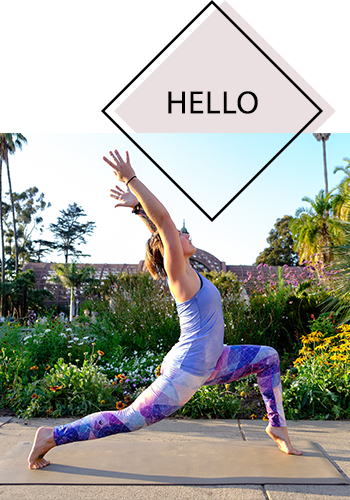The Latest Greatness by Billy Collins
/ Photo via Lost.
Photo via Lost.
Well, it's Wednesday already, and I've got nothing to say for the fact that I don't have a new original post up for you guys. Well, I guess I could use the "Just got back from the honeymoon and I'm busy opening wedding presents, having adventures to Target & Ikea, and cleaning like a crazy lady" excuse, but that just doesn't seem fair, does it?
Or the relationships we don't foster, the regrets and anger we hold onto, the faith we let slip.
In a way, I think this poem by Billy Collins speaks a little bit to that. The way history sometimes fades into the background so far that we forget it's really hovering there, reminding of us of the mistakes we should try not to repeat. Collins often does a beautiful job of evoking the past without writing too sentimentally, and the way he paints portraits of everyday life is altogether stunning.
I wouldn't mind joining him this morning in that "little bakery down the street/ where I often go for coffee and a muffin" and pausing to appreciate the world around, and the blessings we're given within it. So, without further ado:
"The Quaintness of the Past"
by Billy Collins (via Slate)I turn the page of a magazine
and find a black-and-white photograph
of a roadhouse taken in the 1950s,
an old clapboard affair
with a car of that vintage,
maybe a Plymouth, parked in front.
It is almost enough to inspire me
to take a snapshot of something around here
first thing in the morning,
maybe the little bakery down the street
where I often go for coffee and a muffin
and the big city paper
and the French girls behind the counter.
Ideally there would be a few modern cars
parked in front,
then all I would have to do
is walk back home and wait 50 or 100 years
for the photograph to become a thing of interest and value.
Of course, I will be long gone by then
and time will have marched on,
though I never think of time as marching
down a football field blowing a trumpet
or into a city square
with a rifle on its shoulder.
I picture time advancing more slowly
up a mountain, leaving
all the moments of history behind
like climbers who have to leave behind
one of their companions on a cold glacial slope.
And sometimes, decades later,
the body is discovered,
the ice is chipped away, and we get to see
a photograph of the remains—
the bones of the hands arthritically
fisted up, the jaw locked tight,
a skull wearing a woolen cap,
the man quaintly smiling out at us from the past
before we wet a finger and turn the page.





